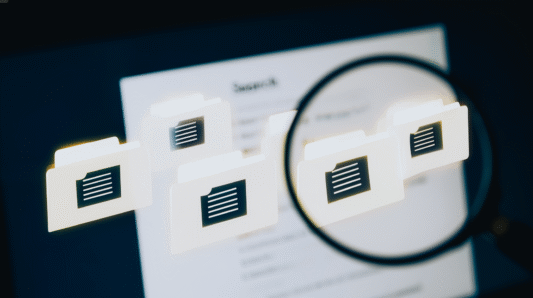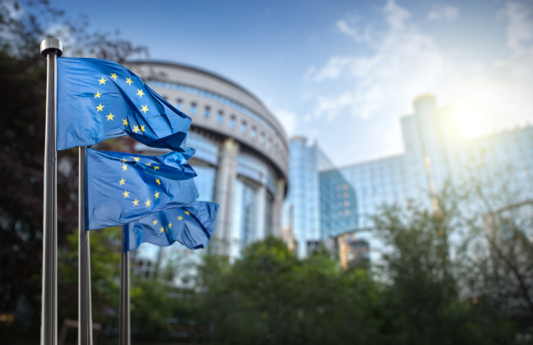In a judgment dated 1 August 2025 (C-452/24, Lunapark Scandinavia Oy Ltd v. Hardeco Finland Oy), the Court of Justice of the European Union (CJEU) reaffirmed that, in trademark matters, only registration confers an enforceable right. Mere use, however longstanding, cannot prevail over a registered title.

The Facts
Lunapark is the owner of the trademark “DRACULA”, filed in 2003 to designate confectionery products. It imports and markets these products in Finland, with packaging displaying the mark “DRACULA” along with figurative elements depicting the famous eponymous character.
Karkkimies (acquired in 2019 by Hardeco) had been importing and selling confectionery products bearing the sign “DRACULA” on the same market even before Lunapark’s trademark registration. Notably, neither Karkkimies nor Hardeco, which took over its activities, held any registered trademark for the word “DRACULA.”
In 2020, Lunapark brought an infringement action against Hardeco for unauthorized use of its “DRACULA” trademark.
In its defense, Hardeco relied on Lunapark’s long-standing inaction and the resulting tolerance, arguing that this passivity—combined with the lasting coexistence of the two signs on the market—should bar any infringement action.
The Case Before the CJEU
The dispute was eventually brought before the Court of Justice of the European Union (CJEU), whose ruling is particularly interesting on two following points:
The CJEU recalls that the defense of acquiescence cannot be invoked for an unregistered mark
The mechanism of acquiescence, set out in Article 9 of Directive (EU) 2015/2436 of 16 December 2015 and transposed into the national laws of Member States, provides that the owner of an earlier mark who has tolerated, for an uninterrupted period of five years, the use of a later registered trademark, can no longer challenge its validity or prohibit its use.
In other words, a trademark owner who remains inactive for five years despite knowing of a later registered mark’s use loses the right to act against it. The purpose of this mechanism is to safeguard legal certainty and ensure stability for economic operators by penalizing the passivity of earlier right holders.
Unsurprisingly, the CJEU reaffirmed in this judgment that this mechanism benefits only those who hold a registered trademark. An operator who merely uses a sign without having registered it cannot invoke acquiescence as a defense against a belated infringement action.
The decision illustrate that a registered mark prevails over mere use
Another notable aspect is that the use of the sign “Dracula” by Karkkimies (later Hardeco) actually predated Lunapark’s trademark filing.
Nevertheless, Lunapark was able to rely on its registered trademark to oppose the use of a sign that was older and had been on the market for years – simply because that earlier sign had never been registered.
This decision therefore illustrates that, within a system where trademark rights arise primarily from registration—as is the case in the European Union—a duly filed and registered mark takes precedence over mere use, even if that use is prior and longstanding.
It should be recalled that, in the absence of registration, a sign may still, under certain conditions, constitute an enforceable right against a later mark when used as a trade name, business name, company name, or domain name. Furthermore, a sign may benefit from protection if it is well known within the meaning of Article 6 bis of the Paris Convention, that is, if it enjoys significant recognition among the relevant public.
In the present case, however, Hardeco appears unable to rely on any such rights, and therefore lacked any legal basis to oppose a registered mark—even one filed later.
Conclusion
This ruling reaffirms the legal security provided by trademark registration. Registration not only serves as an effective tool for protection against unauthorized third-party use but also prevents operational obstacles in one’s own business and reduces the risk of inadvertently becoming an infringer.
Prior use, even longstanding, does not grant the same level of protection as filing and registering a trademark.
Novembre 2025



